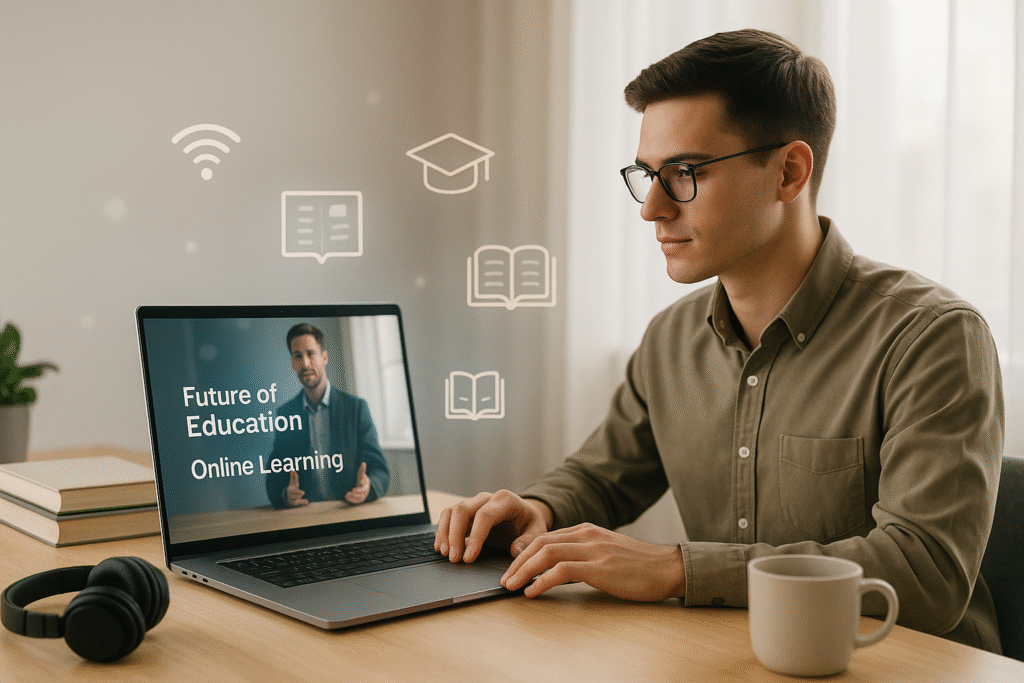Introduction
Education is changing faster than ever. Traditional classrooms, chalkboards, and long lectures are slowly becoming things of the past. The world is moving toward online learning, and by 2030, most students may learn through digital platforms instead of physical schools and colleges.
This shift isn’t just a trend — it’s a transformation. Technology, flexibility, global access, and personalized learning are rewriting the rules. Online learning is not only more affordable and accessible — it is proving to be more effective for many learners.
In this blog, we discuss why online learning will replace traditional education, the future of e-learning, and how it benefits students, professionals, and businesses.
✅ 1. Accessible to Everyone
Traditional education has limits:
- Location restrictions
- High travel cost
- Time fixed schedules
- Limited seats
- Expensive fees
Online learning breaks all barriers. Anyone with a mobile or laptop can learn anything from anywhere.
Example
A student in a small town can learn programming from Harvard or Google through online courses — something impossible 10 years ago.
✅ 2. Affordable Compared to Traditional Education
Traditional education involves:
- Building & campus costs
- Maintenance & infrastructure
- Salaries & administration
- Books and travel costs
Online education cuts these expenses, making learning more affordable.
Average Cost Comparison
| Mode | Cost |
|---|---|
| Traditional College Degree | $10,000 – $50,000+ |
| Online Courses / Skill Programs | $10 – $1,500 |
Knowledge has become cheaper — and better.
✅ 3. Personalized Learning Experience
In physical classrooms, one teacher must handle 30–100 students. Learning pace becomes the same for everyone — which is not practical.
Online learning offers:
- Self-paced learning
- Repeat lessons any time
- Personalized AI tutors
- Customized progress tracking
- Adaptive difficulty levels
Everyone learns differently — online platforms understand that.
✅ 4. Learn Real-World Skills
Traditional education often focuses on theory, memorization, and outdated syllabus.
Online learning teaches skills needed for jobs and business, such as:
- Digital marketing
- Coding & AI
- Graphic design & video editing
- Personal finance & investing
- Freelancing & business skills
- Communication & leadership
Skills > Degrees.
Companies now hire based on skills, portfolios, and practical experience.
✅ 5. AI & Technology Will Drive Learning
Artificial intelligence has transformed education:
- AI tutors
- Personalized lesson plans
- Smart quizzes
- Speech-to-text learning
- VR classrooms
- Interactive simulations
Future classrooms will be AI + virtual reality based — not chalk and board.
✅ 6. Global Competition & Collaboration
Traditional learning is limited to your city or country.
Online learning connects you globally.
You learn with:
- International instructors
- Students from multiple countries
- Global competition
- Team projects worldwide
You don’t just learn — you become global ready.
✅ 7. Better Learning Efficiency
Research shows online learning increases retention rate to 25%–60%, compared to 8%–10% in traditional classrooms.
Why?
- Shorter focused lessons
- Video, quizzes, animations
- Micro-learning formats
- Learn when brain is active
- Choose subject of interest
Learning becomes deeper and faster.
✅ 8. Jobs Are Going Remote — Learning Will Too
Remote work is increasing rapidly.
If careers are digital — learning must be digital too.
Businesses train employees using online platforms like:
- Coursera
- Udemy
- LinkedIn Learning
- Google Skill Academy
Skill-based online learning is becoming the new normal.
✅ 9. Earn While Learning
Traditional education takes years before earning.
Online learning allows:
- Freelancing while learning
- Starter online jobs
- Building a portfolio
- Selling digital skills
Students can start earning before graduating.
Real-world learning + income = more powerful than degrees alone.
✅ 10. Life-Long Learning Culture
Traditional learning ends after school/university.
Online learning encourages continuous growth, meaning you keep learning new skills every year — necessary in today’s fast world.
🌍 Future of Online Learning
The future classroom will be:
| Component | Details |
|---|---|
| AI Tutors | Personalized teaching |
| VR Metaverse Schools | Virtual classrooms & labs |
| Gamified Learning | Rewards, points, competitions |
| Micro Learning | 10–20 minute lessons |
| Skill-Based Degrees | Learn specific skills fast |
| Global Certificates | Accepted worldwide |
Education will be more fun, interactive, and powerful.
⭐ Does This Mean Schools Will End?
No — schools won’t completely disappear.
But their model will change:
Old system: books, memorization, exams
New system: project learning, digital skills, real-world exposure
Traditional + Online Hybrid = Future Education Model
🎯 Conclusion
Online learning will replace the old style of traditional education — not learning itself.
People don’t go to a physical library today — but they still read.
Similarly, students won’t always go to physical buildings — but they will learn more than ever.
Future belongs to learners who adapt, not to those who resist change.


